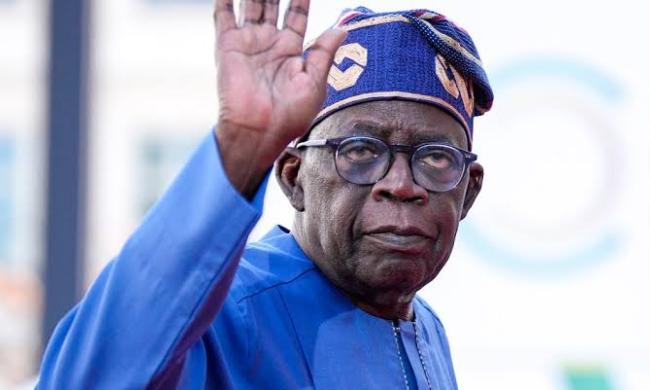
The National Peace Committee (NPC) has revealed that it faced intense pressure to persuade the Independent National Electoral Commission (INEC) to either halt the collation of results or cancel the 2023 Presidential Election, which resulted in President Bola Tinubu’s victory.
The most significant concern raised was related to the 25% threshold requirement for the Federal Capital Territory (FCT). The NPC, led by former Head of State General Abdulsalami Abubakar, made these revelations during the public presentation of its 106-page report titled “Nigeria’s Pursuit of Electoral Compliance: National Peace Committee NPC 2023 General Elections Report.”
According to the committee, some requests urged the NPC to compel INEC to stop the collation process due to alleged gross violations and non-compliance with the electoral act. Others demanded the cancellation of the entire election, arguing that the terms of the Peace Accord had not been respected.
The report highlights that as election day unfolded, the NPC received numerous phone calls and requests for intervention. Both General Abdulsalami Abubakar, the Convener Bishop Matthew Hassan Kukah, and the Head of NPC Secretariat, Fr. Atta Barkindo, were overwhelmed with demands for the NPC to step in.
A significant issue that emerged was the 25% threshold for Abuja. Analysts who reached out to the NPC argued that the final election result should not be announced, claiming that the president-elect did not achieve the required 25% as stipulated in the electoral act. They suggested that a runoff should be held instead.
The Centre for Reform and Public Advocacy criticized the NPC for its silence amidst the numerous election petitions and potential consequences. They noted that, while the NPC had previously engaged political leaders to ensure peaceful and credible elections, it had not issued a formal post-election statement on the outcome and necessary interventions to prevent violence.
One of the main points of contention was the importance of the 25% threshold for the FCT and the absence of legal clarity from INEC before the election. Some also demanded that the NPC go beyond its mandate and interfere in the electoral process, a role reserved for legally empowered agencies.
The NPC’s report emphasized that its interventions are purely moral, aimed at promoting peace, preventing violence, and encouraging respect for the rule of law. The committee clarified that it has no mandate to arrest or prosecute violators but rather provides moral guidance and mediation.
Despite these challenges, the NPC continued its engagement with various political parties, youth and women-led groups, people with disabilities, security agencies, traditional rulers, religious leaders, and the Independent State-based Peace Architectures after the presidential election.
The committee acknowledged that many Nigerians do not fully understand its role, leading to some questioning the significance of its moral interventions. The report concluded by highlighting this as a challenge for the NPC’s work going forward.
To stay updated with the latest news, join our WhatsApp channel here: WhatsApp Channel